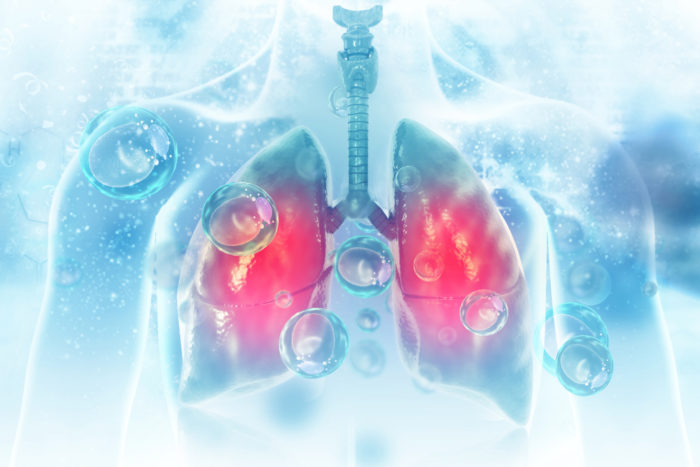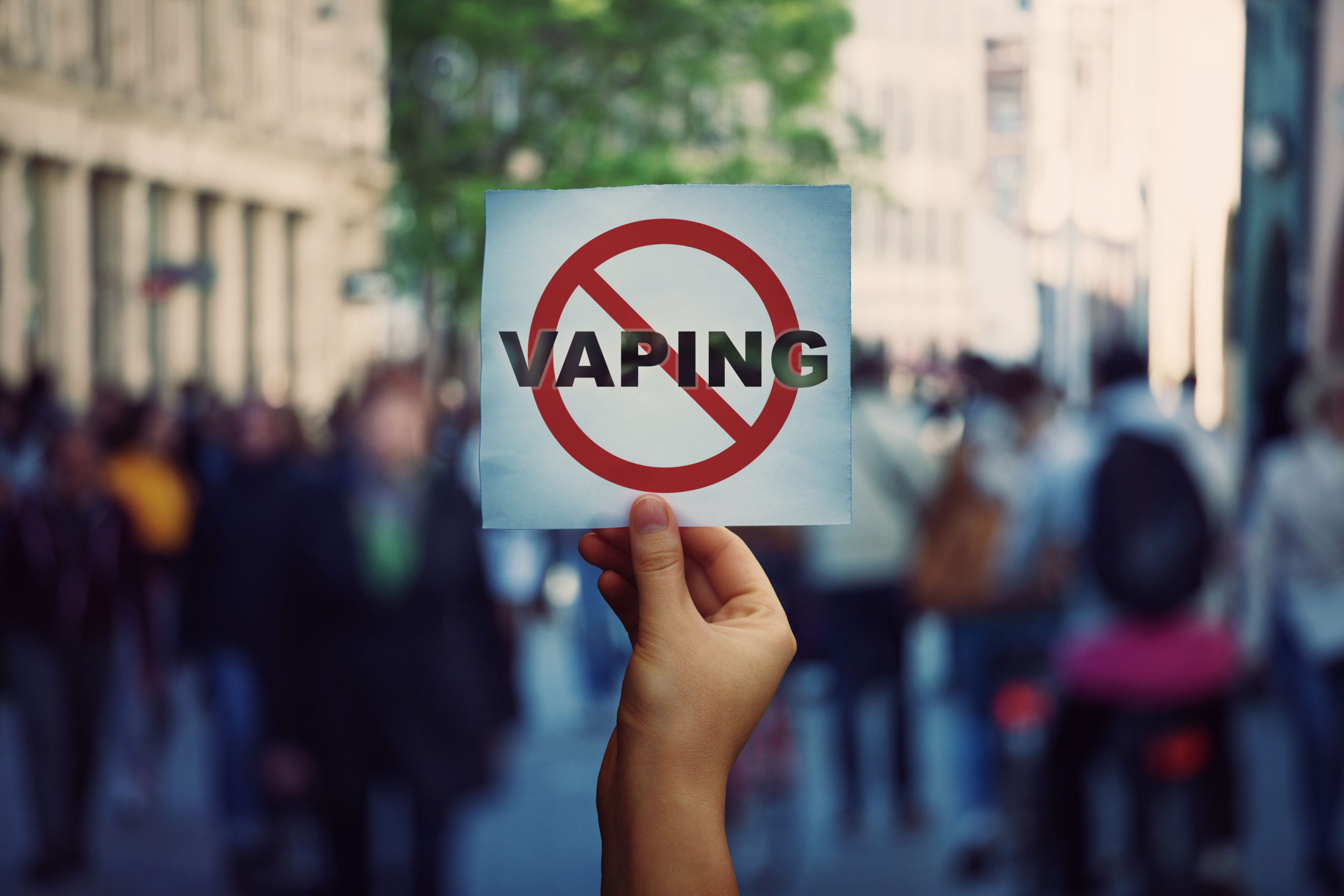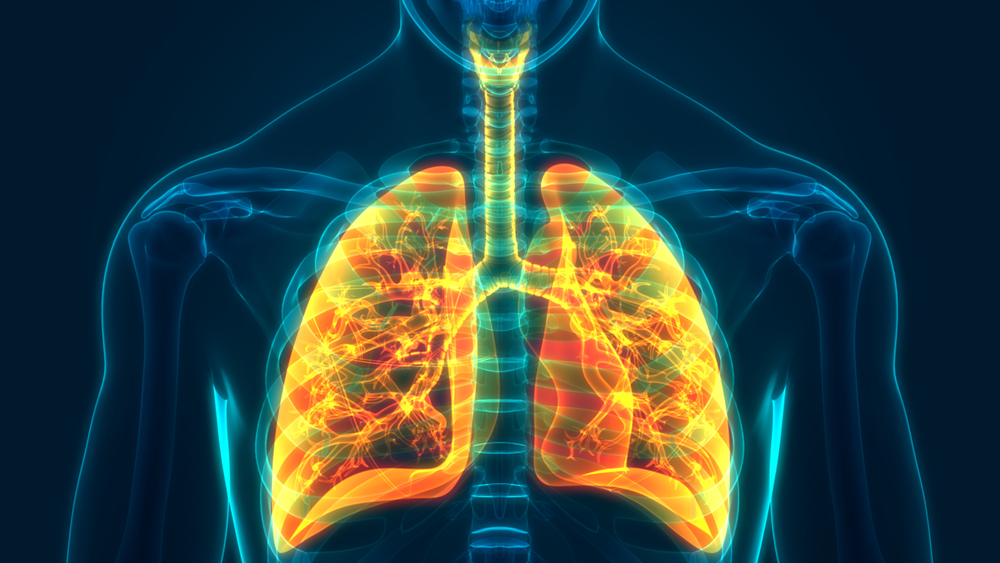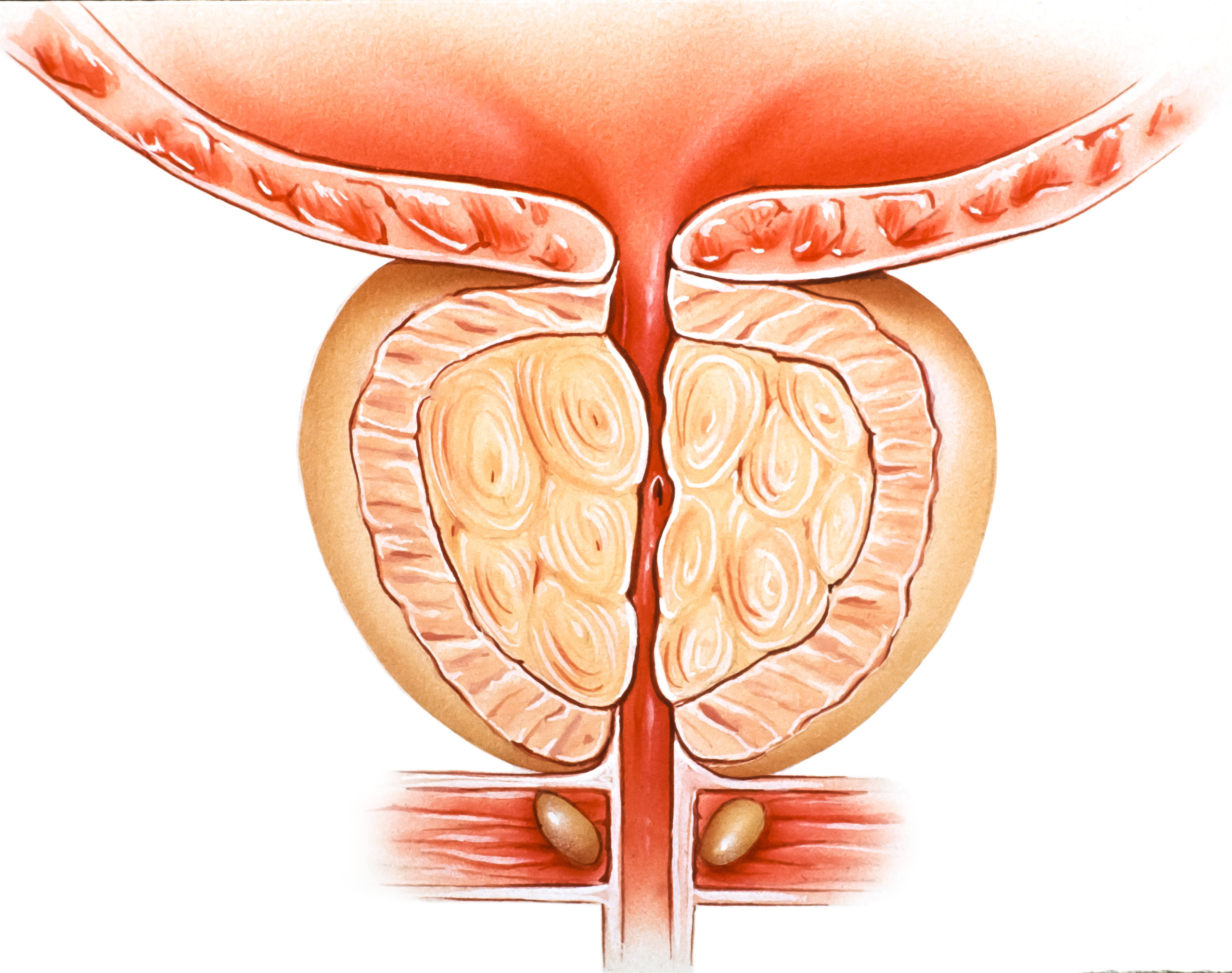
Scientists discover that ancient viral DNA can be reactivated to fight lung cancer
April 27th, 2023This topic has recently been headline news. Scientists and our ancestors bring new hope to people who suffer from or are diagnosed with lung cancer. The disease is one of the leading causes of death, and on average, around 43,000 people in the UK are diagnosed with lung cancer yearly, with about 35,000 deaths. In the USA, by the end of 2023, it is estimated that approximately 238,000 people will be diagnosed with lung cancer, and sadly, around 127,000 people will die.
We bring you good news
The number of lung cancer cases has been increasing for decades, now, they are beginning to decline, and people diagnosed with lung cancer are living longer due to early diagnosis.
We bring you more good news, a recent study and trials have discovered that human ancient viral DNA can be reactivated to fight lung cancer.
The study revealed that million-year-old viruses are a game-changer for lung cancer treatment. The ground-breaking news could vastly improve the chances of surviving lung cancer with the help of a vaccine to treat or prevent it.
The study, which was partly funded by Cancer Research UK, was led by scientists and experts from the UCL and the Francis Crick Institute.
Ancient viral DNA makes up 5-10% of a person’s genome. It is passed through historic infections from our ancestors and silenced due to health issues we have as we age. However, scientists have revealed that viral DNA containing Endogenous Retroviruses (ERVs) can be reactivated. When this happens, it contributes to an immune response to lung cancer by producing tumour-binding properties.
George Kassiotis, head of the Retroviral Immunology Laboratory at the Francis Crick Institute said, “ERVs have been hiding as viral footprints in the human genome for thousands or millions of years, so it’s fascinating to think that the diseases of our ancestors might be key to treating diseases today. With more research, we could look to develop a cancer treatment made up of activated ERV genes to boost antibody production at the site of a patient’s cancer and hopefully improve the outcome of immunotherapy treatment.”
Detailed findings of the research are published in the ‘Nature’ report, ‘Antibodies against endogenous retroviruses promote lung cancer immunotherapy.’ Insert link: https://www.nature.com/articles/s41586-023-05771-9
Lung cancer
Lung cancer is grouped into two types, small cell and non-small cell. The disease can be caused by smoking, air pollution, asbestos or radon poisoning. It can also be hereditary. Symptoms include a cough getting progressively worse, chest pain, shortness of breath, wheezing, coughing up blood, tiredness, unexplained weight loss or enlarged lymph glands.
Treatment plans for lung cancer
Lung cancer treatment plans can depend on the variation, size and progression of the cancer. Treatment plans are managed by specialists from different departments who work together. Chemotherapy, radiation therapy, immunity therapy and target therapy are options, and sometimes a combination of therapies is needed.
Different operations are available for lung cancer
- Lobectomy – a surgical operation where the lobe of the lung is removed
- Pneumonectomy – a surgical operation to remove a lung
- Segmentectomy – a surgical operation to remove part of the lung which could be a tumour or cancer tissue
How can you improve your lung health?
- Go for a health check if you have any concerns
- Have lung condition-related vaccinations
- It’s an obvious one, give up smoking
- Keep the air clean in the home
- Avoid areas of pollution
- Get regular exercise
- Eat a healthy diet
A product worth mentioning is the immune system bioregulator supplement called Crystagen. It normalises the function of the immune system. It is effective against environmental, climatic and geopathogenic factors. Especially good for maintaining the function of the immune system in elderly people.
Find out more here: https://www.antiaging-systems.com/products/immune-system-bioregulator-crystagen/
The long-term hopes for cancer
The long-term hope in the battle against cancer is that a vaccine for all cancers will prepare the body to hunt cancer cells down and fight the disease. Interestingly, the speed at which a potential lung cancer vaccine breakthrough has happened has been partly a result of the rapid development of the COVID-19 vaccine.
References
- https://www.cdc.gov/lung-cancer/about/?CDC_AAref_Val
- https://www.nhs.uk/conditions/lung-cancer/treatment/
- https://www.ncbi.nlm.nih.gov/pmc/articles/PMC7564472/
- https://news.sky.com/story/ancient-viruses-in-human-dna-help-fight-cancer-scientists-say-12857590
- https://www.crick.ac.uk/news/2023-04-15_targeting-viral-footprints-in-our-dna-could-boost-cancer-treatment
- https://www.nhs.uk/conditions/lung-cancer/#:~:text=Lung%20cancer%20is%20one%20of,every%20year%20in%20the%20UK.







